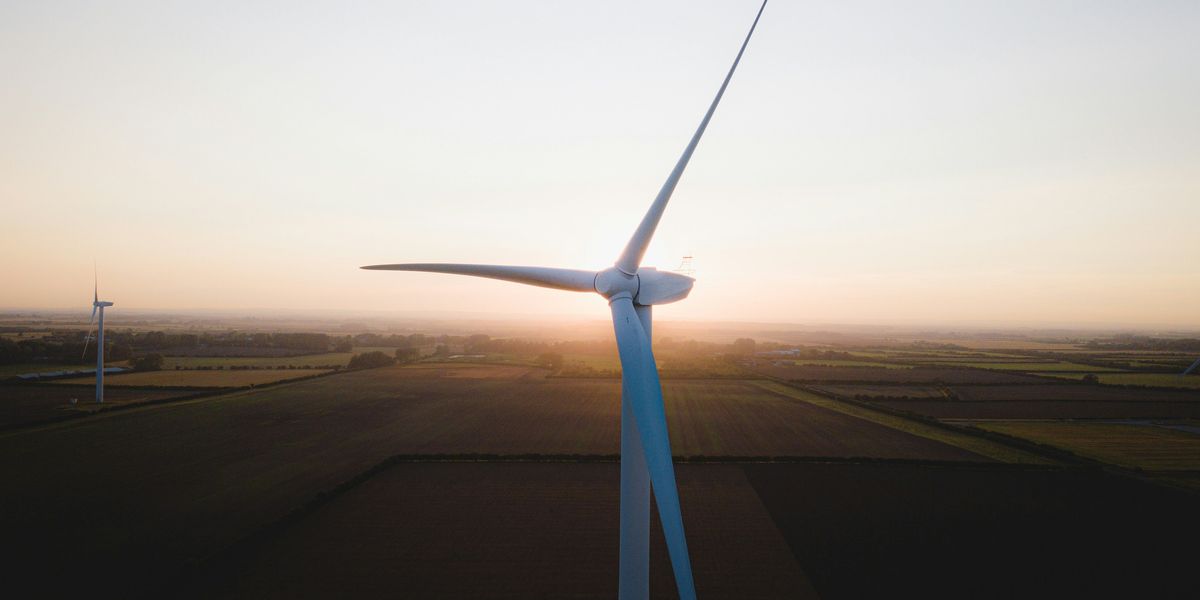habitats
Ticks on the rise: a family's encounter reveals growing concerns
Increasing tick population are not just a rural concern but a growing threat in city parks as well, highlighting the need for awareness and protective measures against these disease-carrying pests.
In short:
- The UK Health Security Agency notes a steady rise in tick encounters, with certain species like Ixodes ricinus posing significant health risks due to their ability to transmit diseases like Lyme.
- Ticks are adapting to changing climates, expanding their habitats, and increasing in numbers, raising concerns for both human and animal health.
- Preventative measures, including clothing choices and tick checks, are essential for reducing the risk of tick bites and the diseases they can carry.
Key quote:
"The population of ticks is increasing. We need to be aware of them and we need to know how to protect ourselves."
— Arlene Brailey, Lyme Resource Centre
Why this matters:
Ticks, those tiny yet formidable arachnids, are not only a nuisance during outdoor adventures but also pose significant health risks due to their ability to transmit a variety of diseases. One of the primary reasons for the surge in tick populations is believed to be linked to climate change: Disease-carrying insects like ticks prefer warmer winters, early springs and hot summers.
Why cheetahs will be especially vulnerable to climate change, according to new research
Even the fastest animal in the world can't outrun the effects of climate change, according to experts.
U.S. plan calls for EV battery plants in Democratic Republic of Congo, Zambia
Joe Davidson writes in the Washington Post about an agreement for EV battery plants that would help African nations process their raw materials instead of richer nations getting the benefits.
In a nutshell:
The Biden administration has entered into a memorandum of understanding with the Democratic Republic of Congo and Zambia, two mineral-rich African countries, to support the development of an electric battery supply chain. This move aims to increase battery production in these nations, allowing them to benefit more from their natural resources. However, concerns about human rights abuses, including child labor in cobalt mining, have emerged, spotlighting the challenges of ensuring a just energy transition, reports Davidson. He highlights recent reports by Amnesty International and the U.S. Labor Department.
Key quote:
Washington pays attention to human rights accounts, but that does not mean they will interfere with the EV battery projects. The reports “play a useful role in reminding the government that it is under scrutiny” and that officials must hold companies to a high standard, Lucy Tamlyn, the U.S. ambassador to Congo, said in a video interview from Kinshasa on Thursday.
The big picture:
As the world transitions to renewable energy and seeks ever-more efficient batteries to power electric vehicles, the race is on to secure the necessary raw materials. China, a dominant player in the electric vehicle market, remains a significant competitor as the United States seeks to establish its presence in this sector, but faces an uphill battle to catch up.
The industrial mining of cobalt and copper for rechargeable batteries can have profound effects on local communities. Human rights abuses, including child labor, forced evictions, arson, sexual assault and beatings associated with mining operations underscore the challenges. Environmentally, the extraction and processing of these minerals can result in habitat destruction and pollution, impacting ecosystems and contributing to broader environmental degradation.
Read the article in the Washington Post.
The New Lede's Shannan Kelleher notes that "as nations worldwide strive to combat climate change by transitioning to renewable energy, they find themselves grappling with how to avoid repeating the mistakes of 150 years of fossil fuel production."
Rare native Irish plants will become extinct as climate change alters habitats
Wildlife winners and losers from the West’s snowy winter
As plants and animals face climate-induced weather extremes across the globe, researchers say there’s a key thing we can do to help beyond the work of rapidly limiting the burning of greenhouse gasses: protect and restore habitat.
800 species to become extinct due to climate change - study
Endangered Species Act to be strengthened
The Biden administration on Wednesday moved to make it easier to protect wildlife from climate disruption and other threats, restoring protections to the Endangered Species Act that President Donald J. Trump had removed.



















